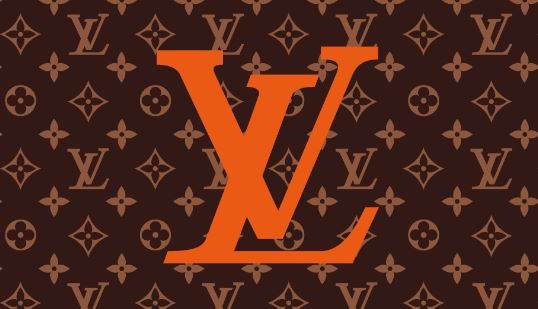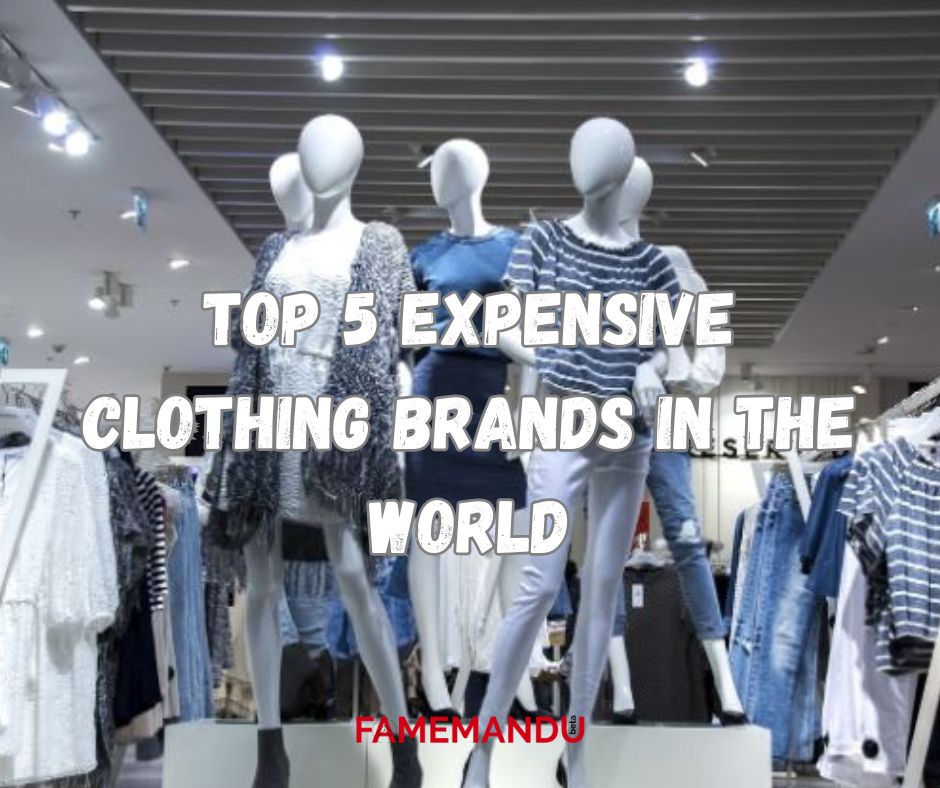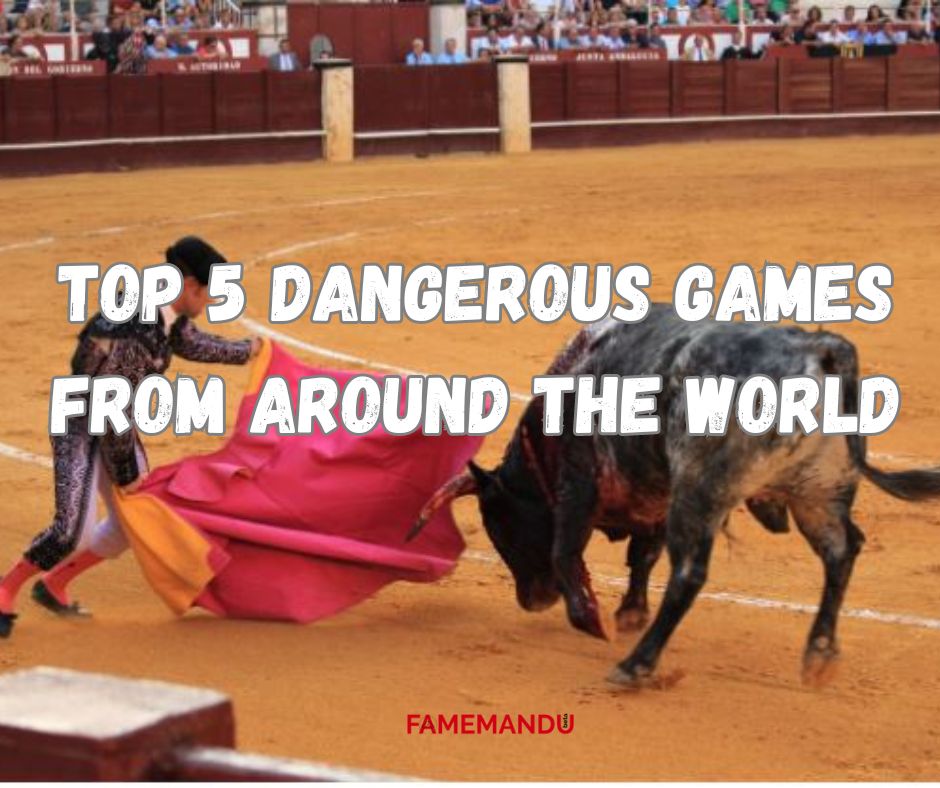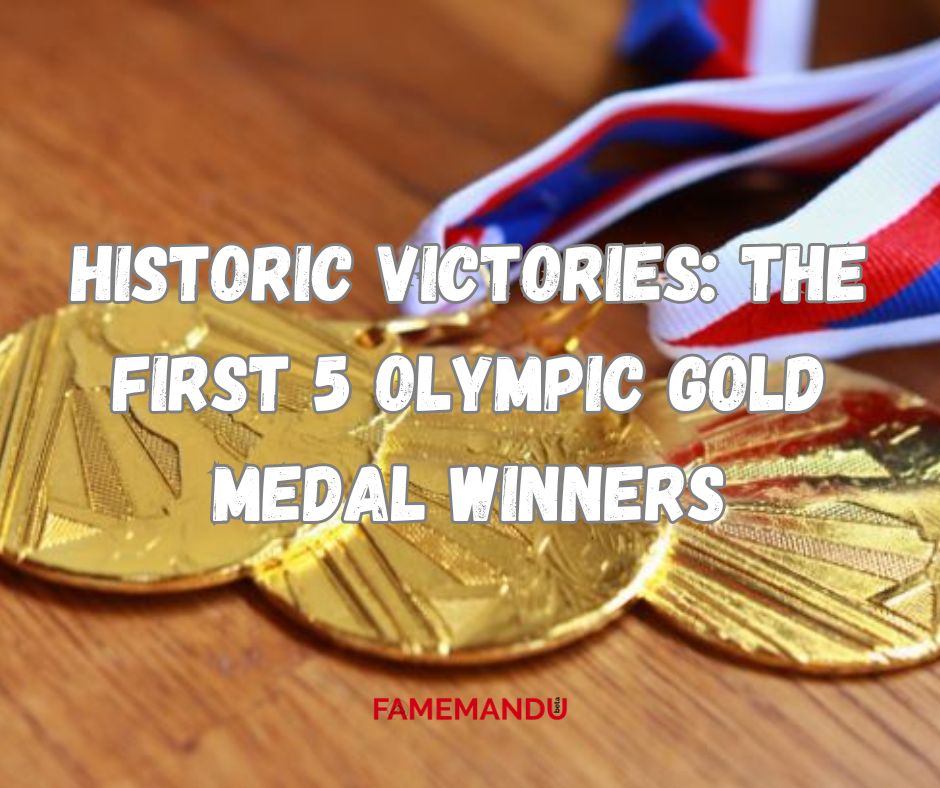1. Chanel
Chanel is a well-known representation of classic style and avant-garde design. It was established in 1910 by Gabrielle “Coco” Chanel, a French fashion designer. Chanel, a fashion icon known for transforming women’s apparel, introduced the notion of casual chic, freeing ladies from the constraints of corsets with its sophisticated yet cozy styles. The Little Black Dress, the recognizable Chanel No. 5 fragrance, and the quilted handbag—particularly the highly sought-after Chanel 2.55—are among the brand’s timeless masterpieces. Chanel’s designs radiate sophistication, combining luxury with minimalism while striking the ideal balance between heritage and modernity. The interlocking CC emblem has become a global icon of high fashion and grandeur, positioning Chanel as a pioneer in the couture industry and a testament to timeless style.

2. Louis Vuitton
Established in 1854 by Louis Vuitton, the French luxury fashion and leather goods business is world-renowned for its exquisite craftsmanship, premium leather goods, and recognizable monogrammed bags. Known for its dedication to style and innovation, Louis Vuitton has increased the scope of its product line to include watches, shoes, accessories, and ready-to-wear clothing. The Damier pattern and the brand’s iconic LV logo have come to represent exclusivity and elegance. Louis Vuitton has a long history and is still a dominant force in the luxury market. Its designs combine modern and traditional elements, upholding the brand’s reputation as a mark of sophistication and taste.

3.Hermes
Thierry Hermès founded the French luxury goods company Hermès in 1837, and it has been a symbol of unmatched craftsmanship and classic elegance ever since. Known for its magnificent leather goods, especially the highly sought-after Birkin and Kelly bags, Hermès has established a reputation for elegance, sophistication, and luxury. The brand’s competence goes beyond accessories to encompass ready-to-wear clothing, home décor, perfumes, and watches. The brand’s status as an enduring icon of refined luxury is partly attributed to the dedication of each Hermès product to careful artisanship and the use of the best materials. In the world of upscale fashion and lifestyle, Hermès remains a prestigious brand thanks to its heritage-based tradition and unwavering commitment to perfection.

4.Gucci
Established in Florence in 1921 by Guccio Gucci, Gucci is an Italian luxury fashion brand that is widely recognized as a representation of bold flair and modern extravagance. Under the creative supervision of Alessandro Michele, Gucci—famous for its unique double-G logo and characteristic green-red-green web stripe—has developed into a trend-setting force. The brand offers a variety of products, including ready-to-wear collections, purses, and shoes, all expertly fusing classic workmanship with eclectic, avant-garde designs. Gucci is a leader in the luxury market, a symbol of modern glamour and individual expression, and it has a devoted following thanks to its daring and inventive approach to fashion.

5.Prada
Mario Prada established the upscale fashion brand Prada in Milan in 1913, and it is renowned for its cutting-edge creations and impact on international fashion. Under the direction of Miuccia Prada, the brand creates iconic products like the nylon backpack and unique ready-to-wear collections by skillfully fusing traditional craftsmanship with modern aesthetics. Prada is renowned for its creative yet understated style, frequently breaking new ground in the fashion sector. The brand’s classic appeal is a result of its elegant design, premium materials, and understated branding. Prada, which is known for its intellectual chic, is still a major player in the luxury fashion industry, establishing trends and enthralling a sophisticated clientele throughout the world.

A clothing brand’s perceived cost is determined by various elements, including exclusivity, exclusivity of materials, designer influence, and brand repute. Prestigious brands that have a reputation for fine craftsmanship, premium materials, and limited editions frequently fetch greater pricing. An exclusive product, partnerships with well-known designers, and a brand’s history all add to its perceived worth. A brand’s standing in the luxury market can be improved by employing strong branding and marketing strategies and placing a focus on cutting-edge designs. In the end, whether or not a clothing brand is regarded as pricey depends greatly on customer perception and willingness to pay a premium.






Leave a Reply